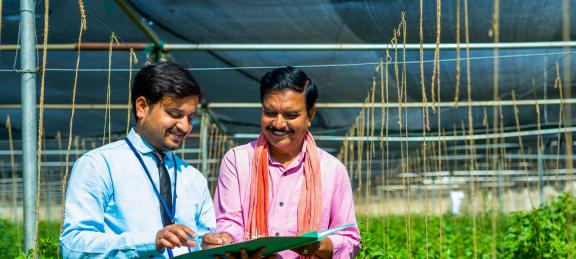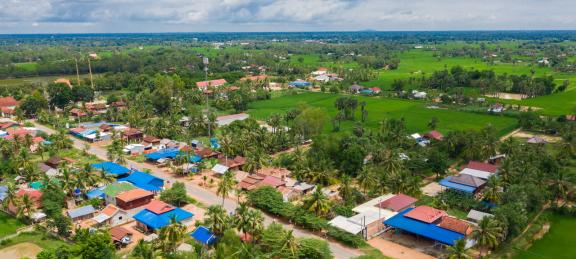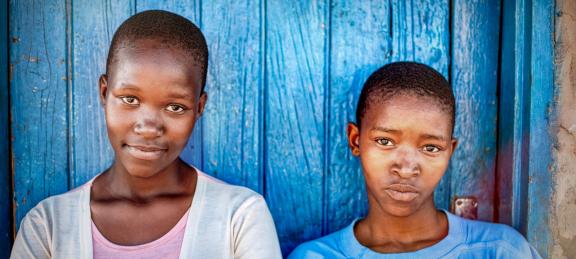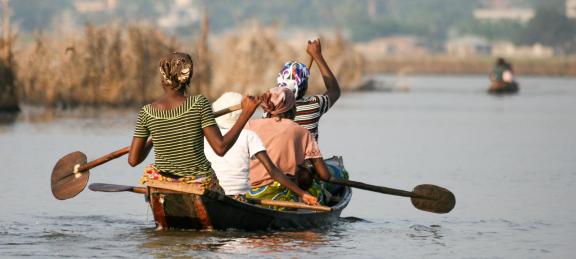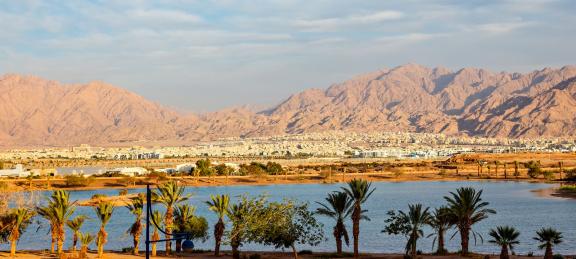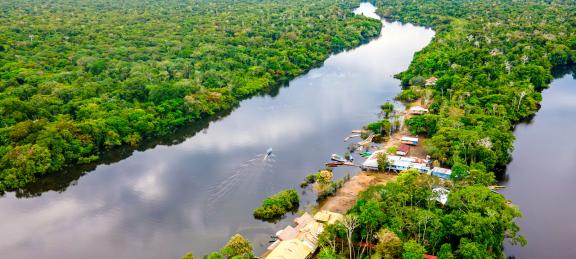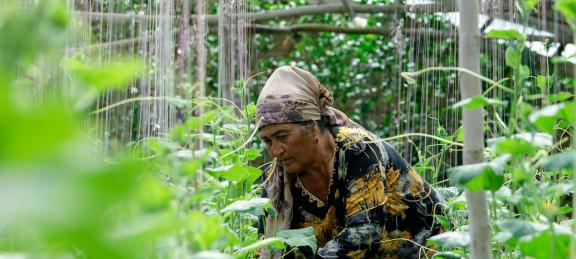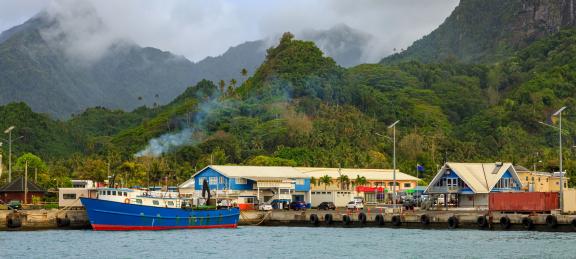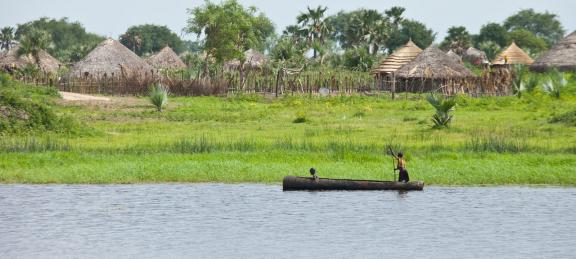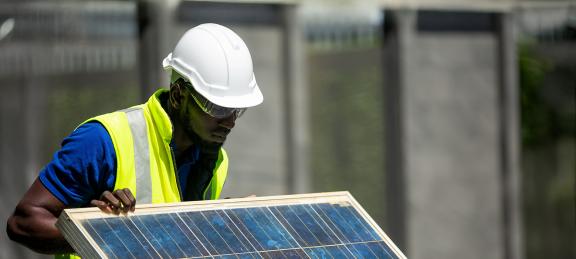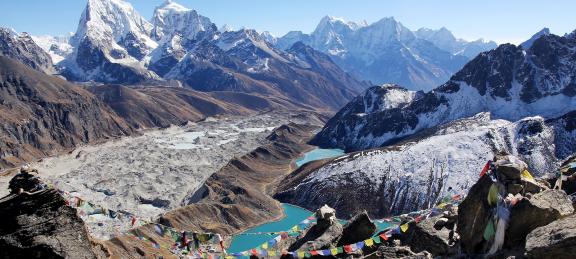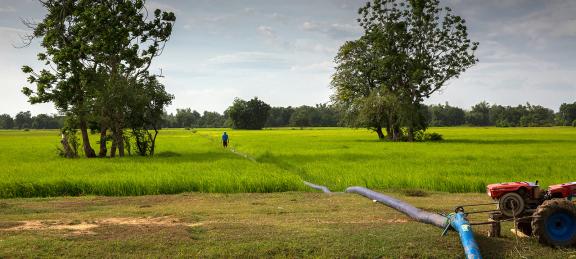The challenge
Adaptation needs are coming into sharp focus as the impacts of climate change are more evident. Increasing numbers of people worldwide are being affected by the higher frequency and severity of water-related disasters, such as droughts, floods, tropical cyclones and storm surges, and heat-related disasters such as heat waves and wildfires.
We are facing adaptation challenges that we are only now beginning to grasp in their entirety. The health, livelihoods and lives of billions of people and of their children and grandchildren are at risk. Ever larger numbers of people are losing their homes in climate-related disasters or are forced to take the decision to leave their homes temporarily or permanently, due to climate-related threats to their physical security, food security or water security. The urgency to address adaptation challenges is now inescapable.

Thematic brief: Adaptation
25 Oct 2021
The Green Climate Fund (GCF) is committed to investing in developing countries’ efforts to adapt to the effects of climate change. GCF is delivering on our targets for adaptation and resilience by ensuring a 50/50 balance in allocation of funding between mitigation and adaptation projects, with over 50% of adaptation funding going to Least Developed Countries (LDCs), Small Islands Developing States (SIDS) and African States.

GCF in Brief: Adaptation Planning
02 Nov 2022
The Green Climate Fund is committed to investing in developing countries’ efforts to adapt to the effects of climate change. GCF aims to deliver a 50:50 balance between mitigation and adaptation allocations in its portfolio, and ensure that at least 50% of adaptation funding goes to particularly vulnerable countries, including LDCs, SIDS and African States. This factsheet provides an overview of how GCF supports adaptation planning in the countries where it operates.
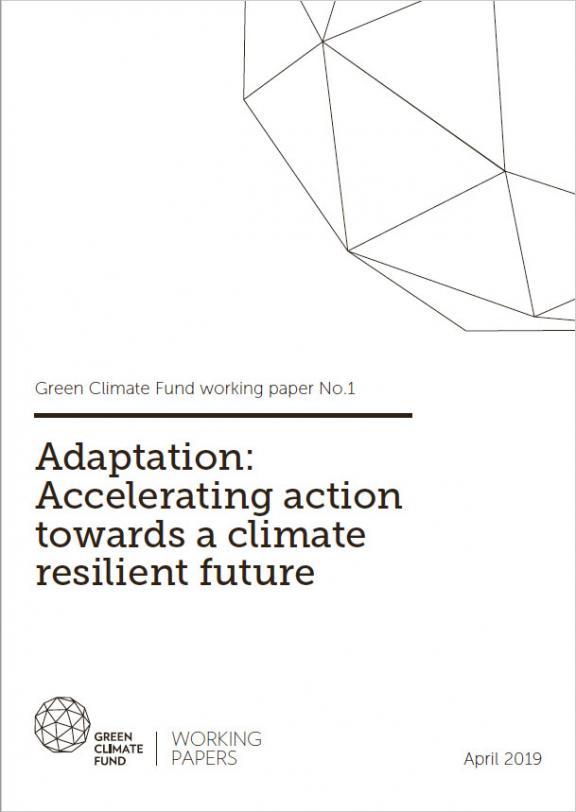
Adaptation: Accelerating action towards a climate resilient future
09 Apr 2019
This working paper contributes to adaptation knowledge from the perspective of climate financing. It provides an overview of adaptation and resilience challenges, the distinction between them, and discusses the avenues that GCF is developing to tackle them, together with countries and many stakeholders including the private sector. Ultimately, it is hoped that this paper will inform the design and scaling up of more successful adaptation investments.
Our role
The Paris Agreement makes clear that adaptation is as important as mitigation in addressing the climate crisis.
Our central goal is to promote a paradigm shift towards low-emission, climate-resilient development. We invest in adaptation and resilience activities, prioritizing funding for particularly vulnerable people and communities who suffer the most from climate change impacts.
GCF is the only climate fund with an explicit commitment to deliver 50 per cent of its financing to adaptation.
We also ensure that at least 50% our adaptation funds go to the Least Developed Countries, Small Island Developing States and Africa.
By working to deliver a balanced allocation of funding, GCF creates synergies through interventions to build back better from the pandemic. We optimize adaptation, resilience, mitigation and development co-benefits that help to improve people’s health, resilience and livelihoods, creating green jobs and building adaptive capacity.
Attracting private investment
Proving new adaptation business models, scaling up and attracting greater private sector investment into innovative adaptation actions are challenges that GCF is uniquely prepared to take on. Our long-term funding instruments include concessional structures to de-risk high impact projects to attract more private sector investors, for instance in building resilient infrastructure. Investments can be variously distributed through equity, debt, guarantees and grants. These can also be combined into financing structures, including project‑based special purpose vehicles, direct equity, debt funds, fund-of-funds, structured finance and on-lending.
Supporting adaptation planning
GCF supports developing countries with funding to carry out their adaptation planning. The Readiness Programme provides each country with an allocation of up to USD 3 million for the formulation of National Adaptation Plans (NAPs) and other adaptation planning processes. These are key building blocks of countries’ ongoing efforts to develop their adaptive capacities, to down-scale climate studies and projections, to consult with various stakeholder groups about the challenges of building resilience in a changing climate, to attract investment in adaptation from a diversity of sources including the private sector, and to help galvanize actions to make communities more climate-resilient.
Ensuring impactful adaptation action
GCF’s investments in climate projects help to drive a paradigm shift towards low emissions and climate resilience by focusing on country ownership, the specific needs of the beneficiaries, the impact potential and the sustainable development potential of the project, as well as its economic and financial efficiency and effectiveness. GCF’s adaptation results areas ensure a strategic approach when developing paradigm-shifting projects. Financial assistance is also available through the Readiness Programme and the Project Preparation Facility, to support the development of adaptation project concept notes, feasibility studies, as well as full project proposals. The Simplified Approval Process provides a route for smaller adaptation project proposals up to USD 10 million to be approved more quickly.
Case studies
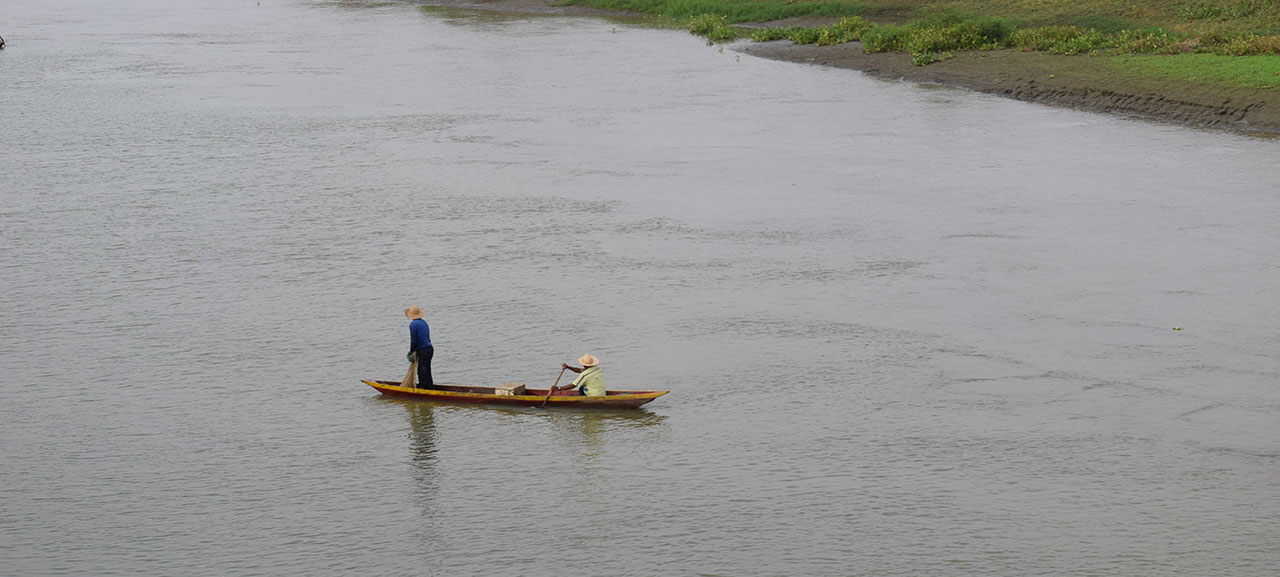
The role of the private sector in adaptation finance: lessons from Colombia
The National Adaptation Planning process in Columbia encourages the private sector to invest in adaptation actions. Private sector companies partner with local and national government, helping to reduce economic losses due to global warming impacts and seizing job creation opportunities. Colombia estimates that adaptation could boost the country’s GDP by 0.5 per cent, around USD 1 billion annually. Companies at risk can climate-proof their own operations, but also work with government and private sector partners to increase the resilience of their entire value chain. See readiness proposal details >
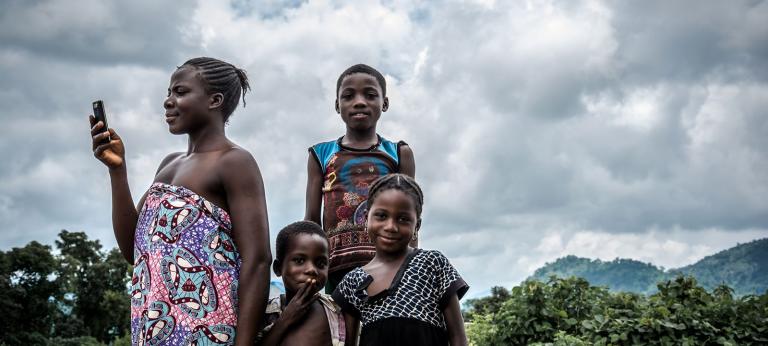
Acumen Resilient Agriculture Fund (ARAF)
GCF is collaborating with an impact investor in Africa to attract private sector funding for adaptation. The 12-year Acumen Resilient Agriculture Fund is designed to provide long-term capital, enabling smallholder farmers to adapt to climate change more effectively. ARAF supports entrepreneurs in micro-, small-, and medium-sized enterprises in Ghana, Kenya, Nigeria and Uganda, providing farmers with innovative financial services, including microinsurance and mobile payments. See project details >
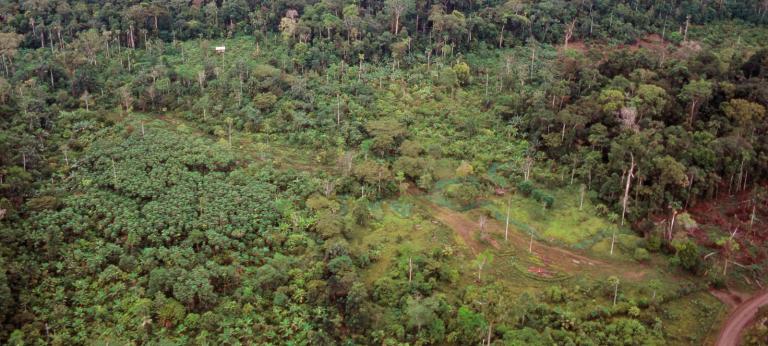
Reducing deforestation and boosting resilience in Ecuador
GCF’s funding supports targeted investments which control agricultural expansion into forest areas and thereby reduce deforestation. The project reshapes public credit lines towards sustainable and resilient agricultural and livestock production practices. Purchasing policies, certification and traceability of commodity products are introduced, together with ecosystem restoration and conservation. On a governance level, the project develops and monitors climate policies to boost further investment in climate action. See project details >
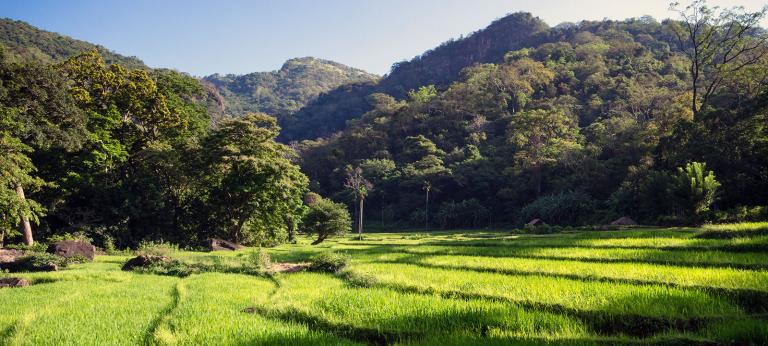
Strengthening climate resilience of upstream and downstream farming communities in Sri Lanka
Sri Lankan farmers are suffering from climate-induced irrigation problems and drinking water shortages. Rising temperatures and changing seasonal rainfall are accelerating the intensity and frequency of both droughts and floods. Increasing erosion upstream is causing flooding and food insecurity downstream. This project is improving farm- and land-management practices to benefit people as well as catchments in the Knuckles Mountains highlands and lowlands. See project details >

